Mother’s warning after pregnancy pain turned out to be aggressive bone cancer
A biopsy revealed Jessica Lane had osteosarcoma, a form of primary bone cancer
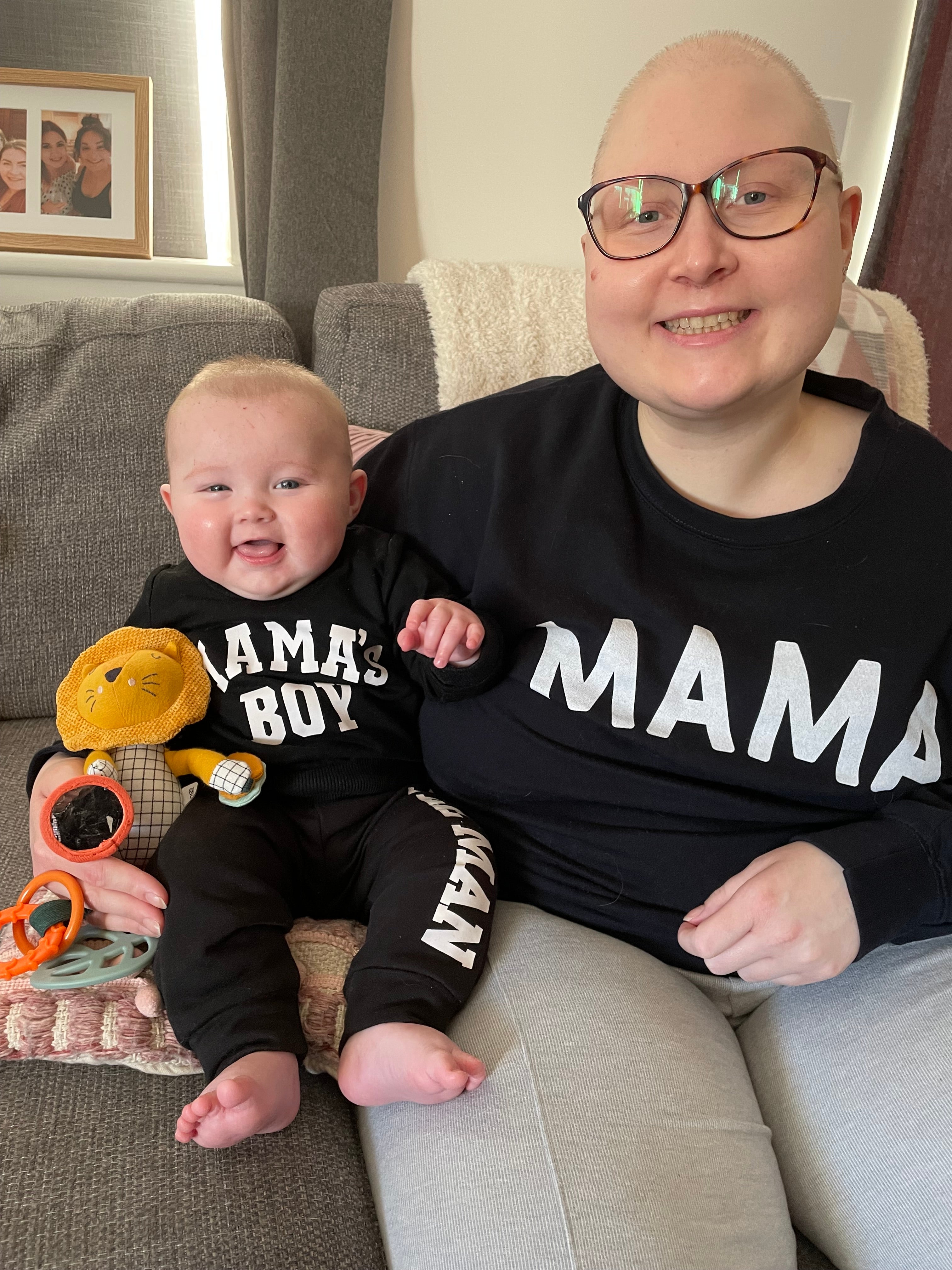
A young mother whose arm broke while fitting a car seat just weeks after giving birth had to have the limb amputated after doctors discovered she had been living with bone cancer.
Jessica Lane, 31, from Berkshire, was five months pregnant with her now two-year-old son, Theo, when she started to experience pain in her upper left arm and shoulder in March 2022, which made it difficult for her to move her limb and was warm to touch.
After complaining about her symptoms to her doctor at her GP surgery, which she does not wish to name, Jessica was told it could be related to muscular pains during her pregnancy which would likely subside after she gave birth.
She and her fiance, Karl, 32, welcomed Theo in July 2022 but her pain continued and five weeks later, when Jessica was attempting to fit a car seat, she heard a “crunch” in her upper arm which left her in “agony”.
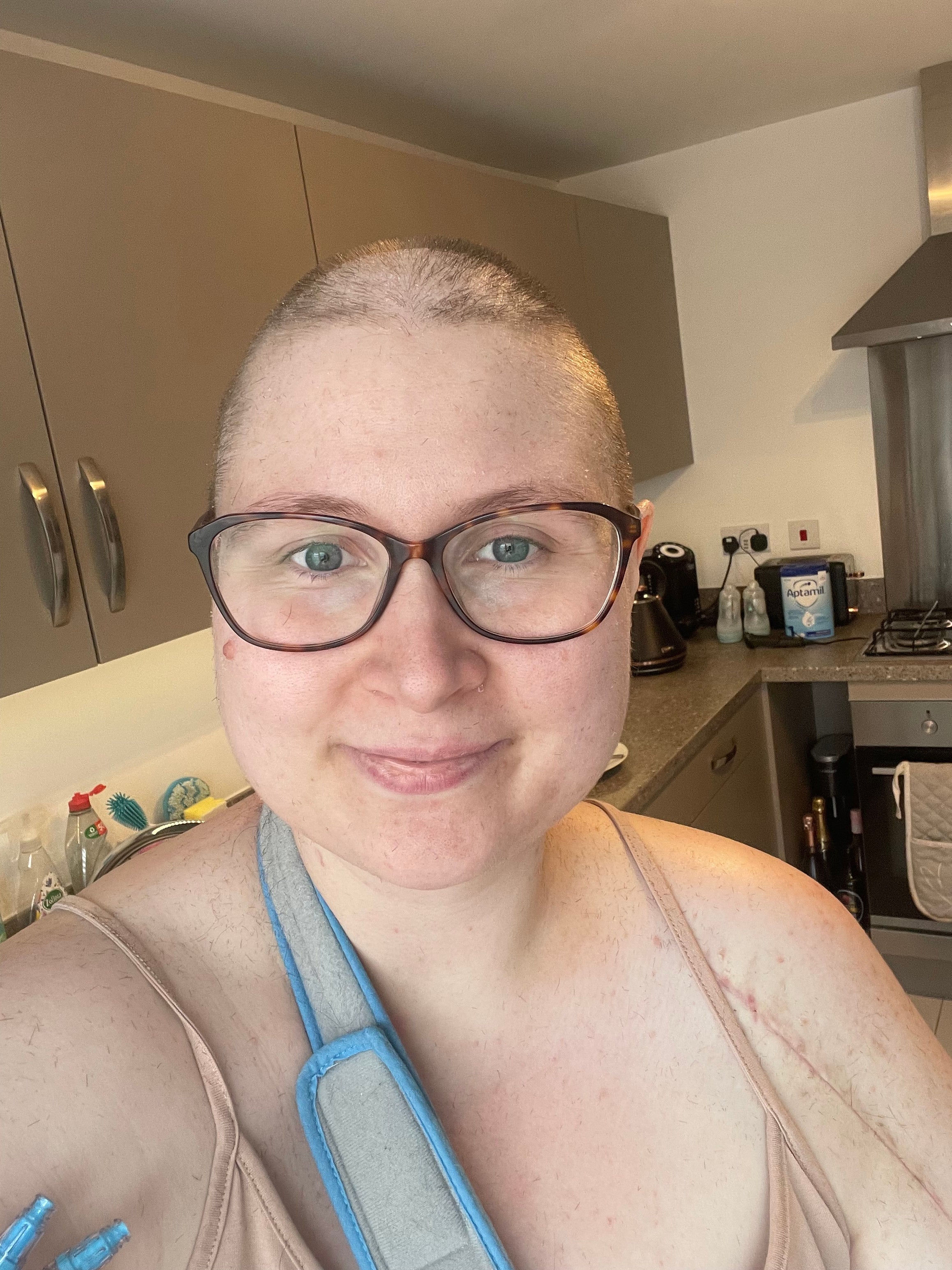
After battling to have an X-ray, it was revealed her humerus had broken under the pressure of the 13cm tumour growing on it and she was diagnosed with osteosarcoma, a form of primary bone cancer, in September 2022.
After undergoing an operation to remove it, further tumours were later found and doctors informed her in May 2023 they would need to amputate her arm to save her life.
The mother-of-one now hopes to raise awareness of bone cancer and to spread a message of hope to others with the disease to know “you don’t have to go through this alone”.
Jessica, who, with her father, runs a small business making chemotherapy kits for cancer patients, said: “My biggest fear was for my son, he doesn’t deserve this, he doesn’t deserve to grow up without his mum.
“How do you explain to a child so young why I’m not here?
“This entire journey has made me a stronger and more resilient person and made me realise how precious life is.”
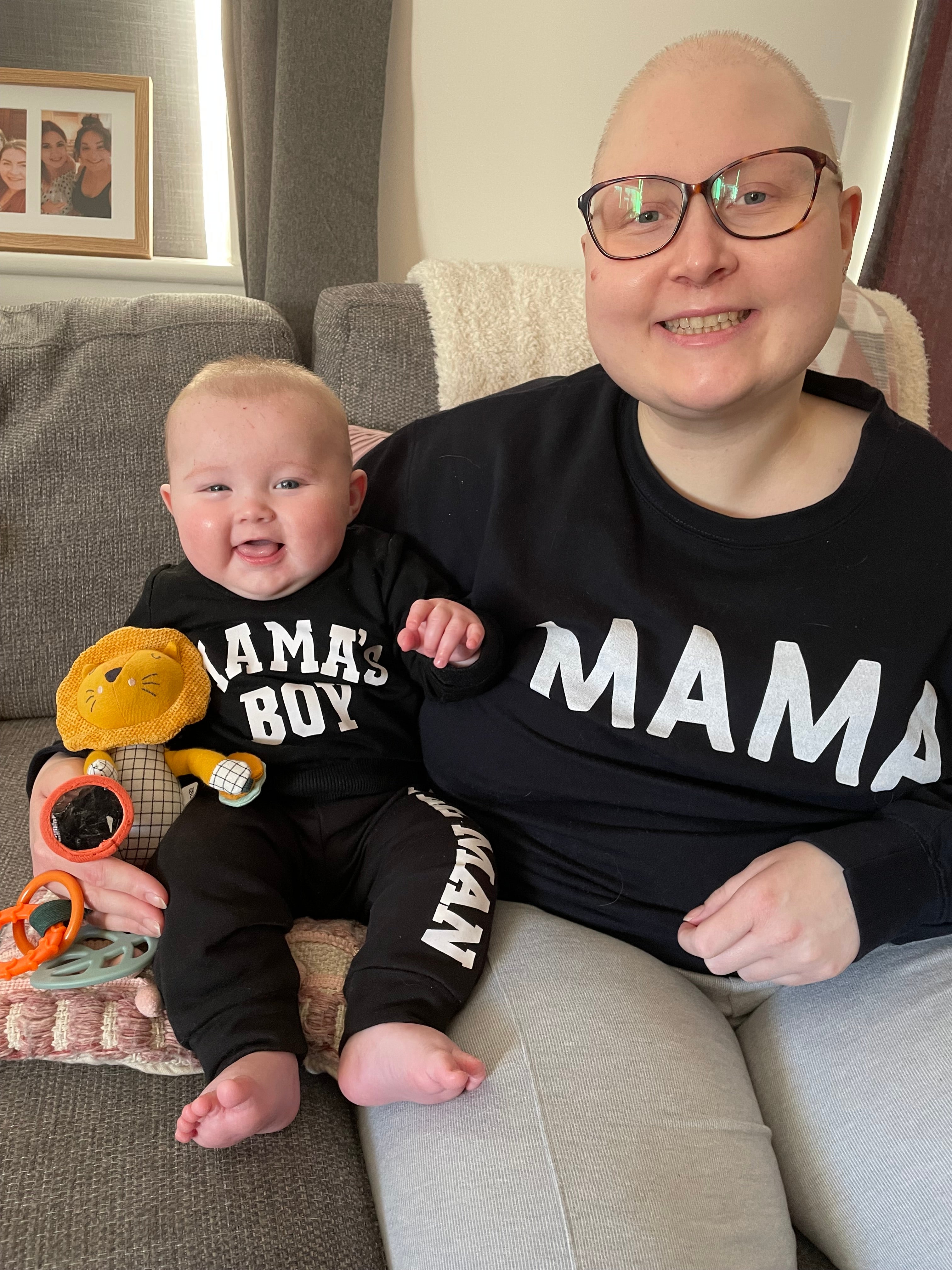
Jessica was five months pregnant in March 2022 when she first started experiencing pain in her upper left arm and shoulder, which restricted her movement and was warm to touch.
She raised her symptoms with her doctor and midwife but was told it could be muscular pain caused by her pregnancy which would likely subside after she gave birth, although she was referred for physiotherapy sessions to see if her symptoms would improve.
“It was unbearable and I don’t think anyone believed how bad it was,” she said.
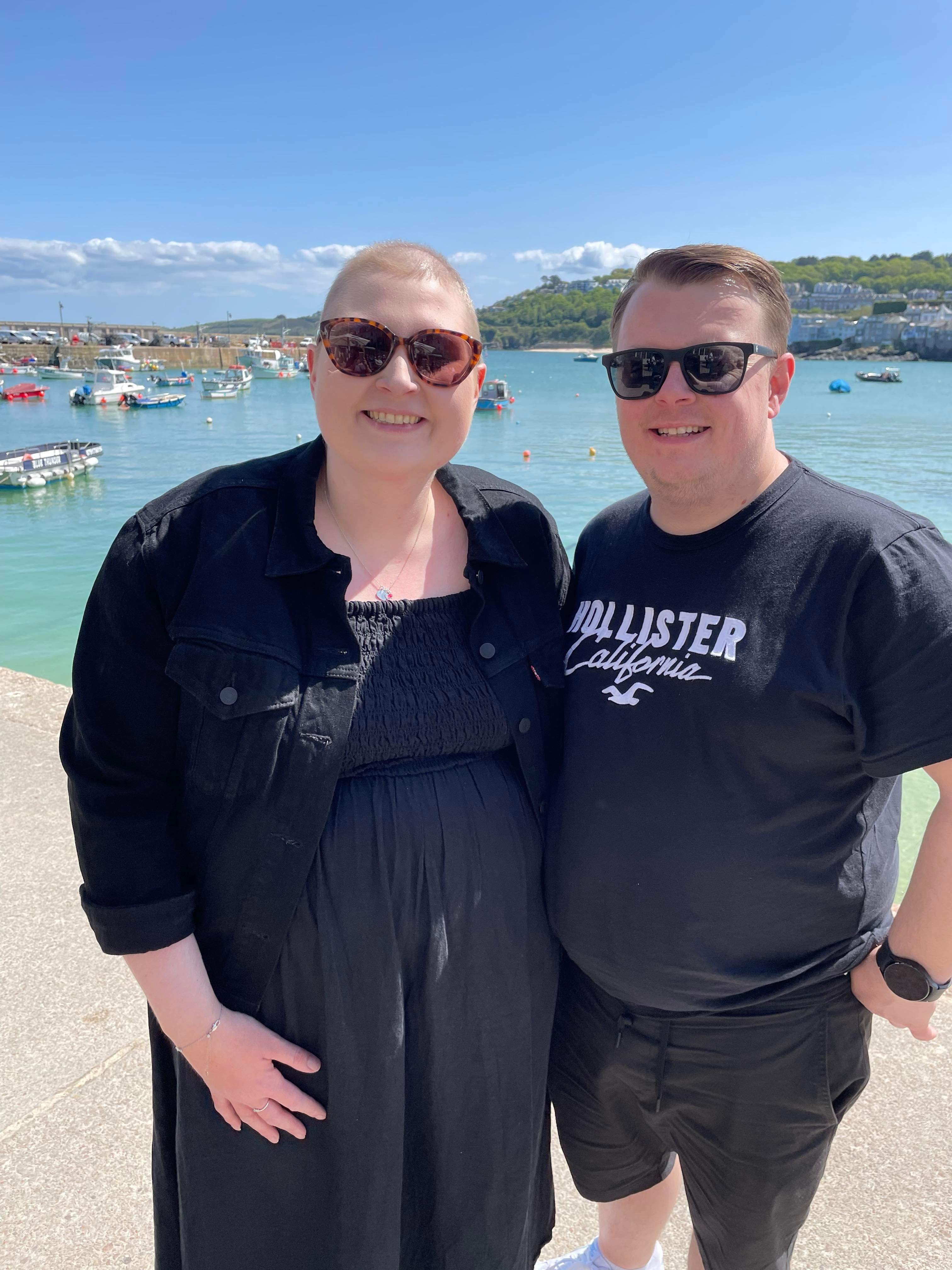
Jessica and her fiance, Karl, welcomed their son Theo in July 2022 but the new mother noticed her symptoms were persisting.
At about five weeks postpartum, Jessica said she was trying to fit an Isofix car seat base into her vehicle.
“I was pushing with all my force and I heard this crunch,” she said.
“I was clutching onto my arm, crying.”
She called NHS 111 and paramedics from her local hospital arrived at her home but they left after prescribing her with strong painkillers.
“They were lovely but they didn’t think I was displaying as someone who had a broken arm, they thought I had probably severely pulled a muscle,” she said.
“I remember almost trying to make them believe it was broken, saying it really hurt, but they didn’t feel it was and thought some medication would help.”
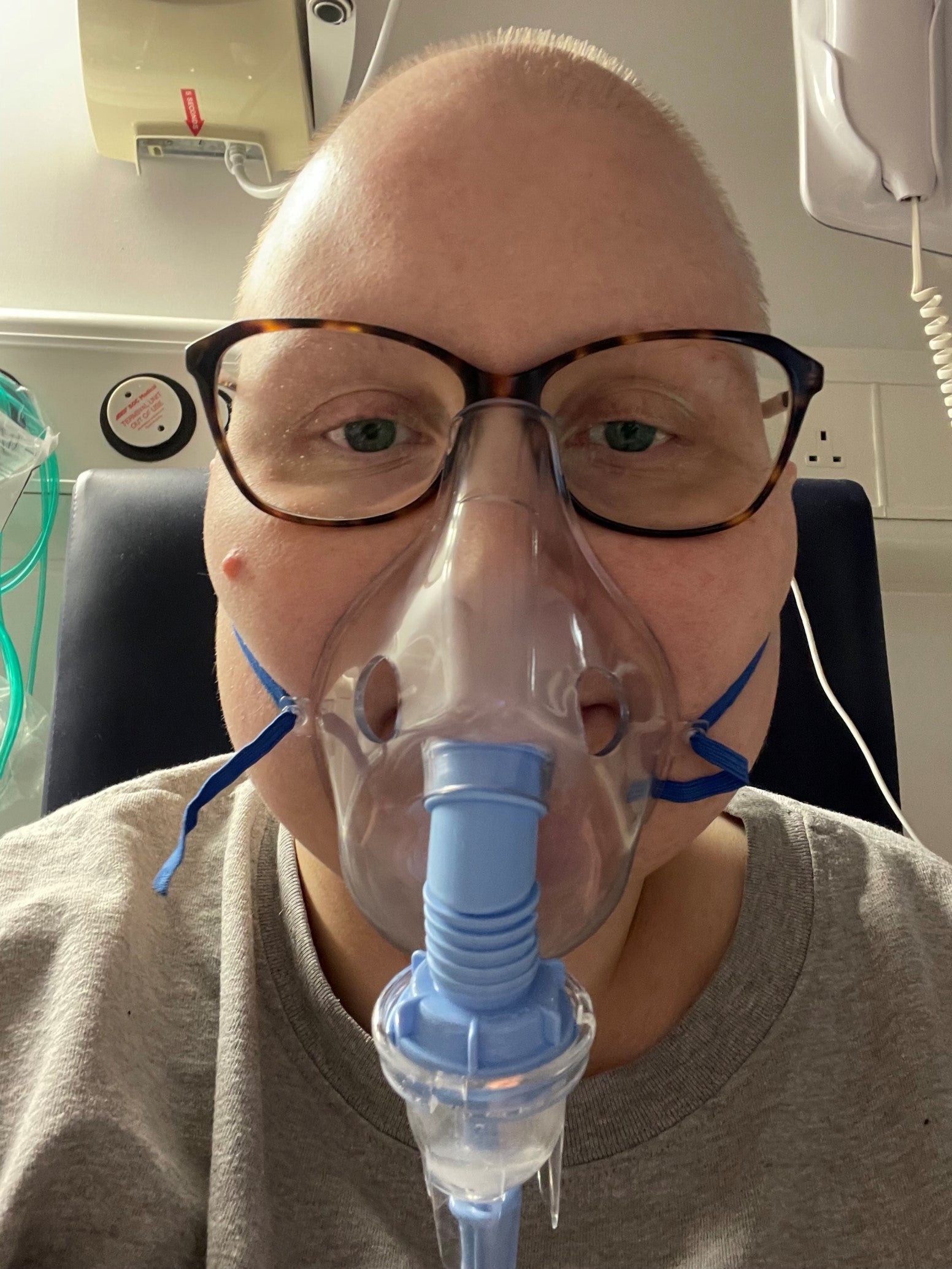
Jessica said she stopped breastfeeding her newborn while taking the painkillers and she lived with a broken arm for about a week before visiting her GP surgery again.
“I was in agony and it got to the point where doing activities that required me to use my left arm were bringing me to tears, it was so painful,” she said.
She said she remembers “sobbing” to her doctor and she was sent for an X-ray at her local hospital in August 2022 – which revealed a 13cm tumour growing on Jessica’s arm and a break in her bone where it had buckled under the pressure.
“By the time they found it, it was covering almost the entirety of my humerus bone and my bone broke from the pressure it was being put under with the tumour, it snapped,” she said.
A subsequent biopsy revealed she had osteosarcoma, a form of primary bone cancer.
“I was shattered, I felt absolutely heartbroken because not in a million years did I expect it to be that, my world came crashing down around me,” she said.
Jessica had surgery in September 2022 to remove the tumour and had four rounds of intense chemotherapy treatment in October 2022, which left her battling with neutropenic sepsis, a whole-body reaction to infection, for around four months.
“I spent my birthday and what was meant to be my wedding day in hospital,” she said.
“I was really poorly and I remember intensive care coming to see me a few times.
“I thought, ‘I need to get through this, I’ve got a son at home’, and thank God I did because I’m still here now.”
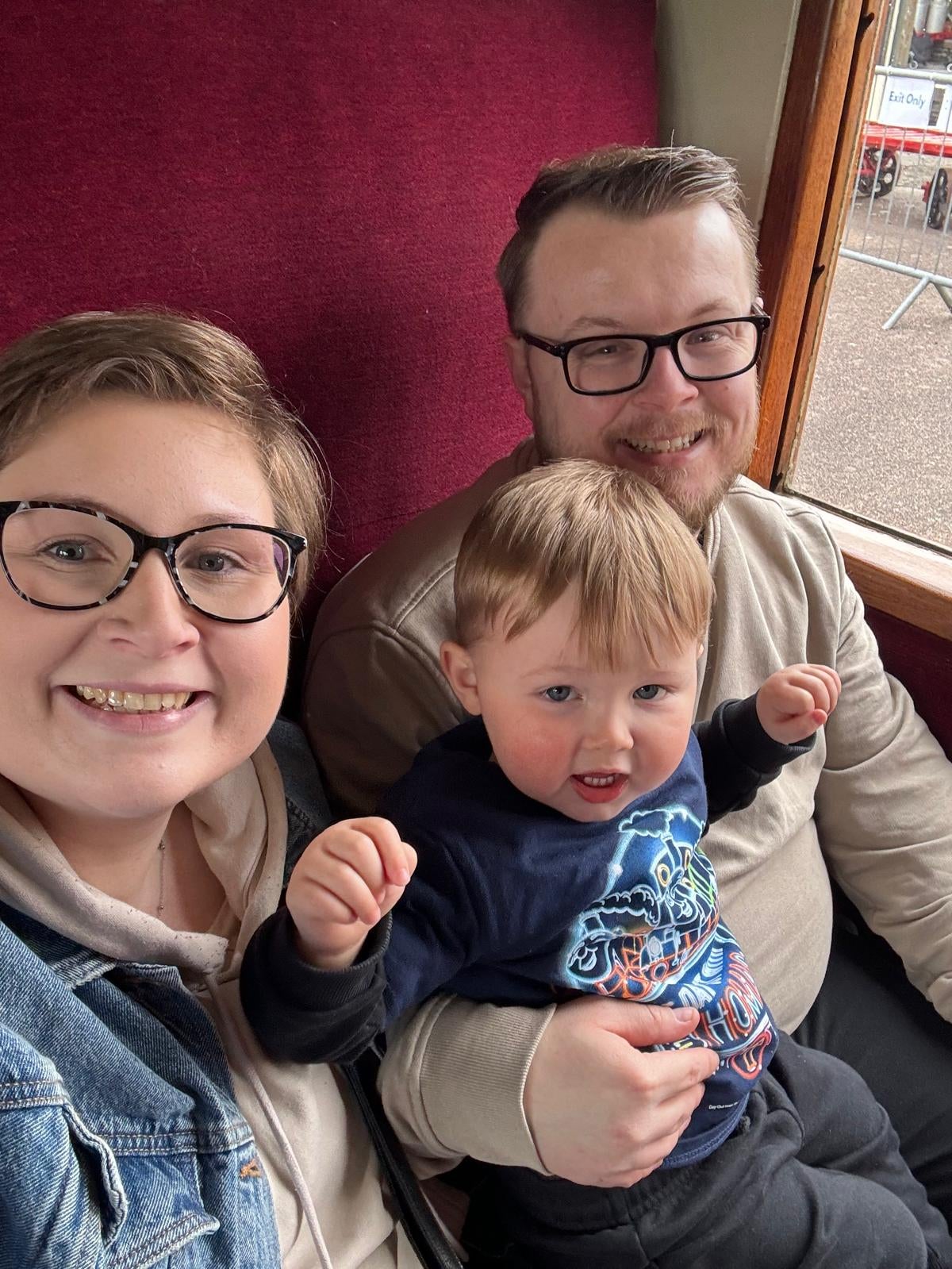
Jessica said she remembers seeing other new mothers doing “normal mum things” while she was having “the most horrific time and fighting for my life”.
In February 2023, doctors decided to cease her chemotherapy treatment for fear she was becoming too ill.
Thankfully, she recovered and was deemed well enough to return home – and a routine scan that month found there was no evidence of any disease so Jessica moved into the monitoring stage of her cancer journey.
A few months later, in May 2023, she was undergoing another routine scan when her doctors found another tumour in her arm – a reoccurrence of osteosarcoma.
“I just burst into tears and I thought, ‘not again, how can this be happening again?’,” she said.
Jessica was due to have surgery to remove the tumour but while being prepped for the operation, a scan revealed at least three other tumours were growing in the area.
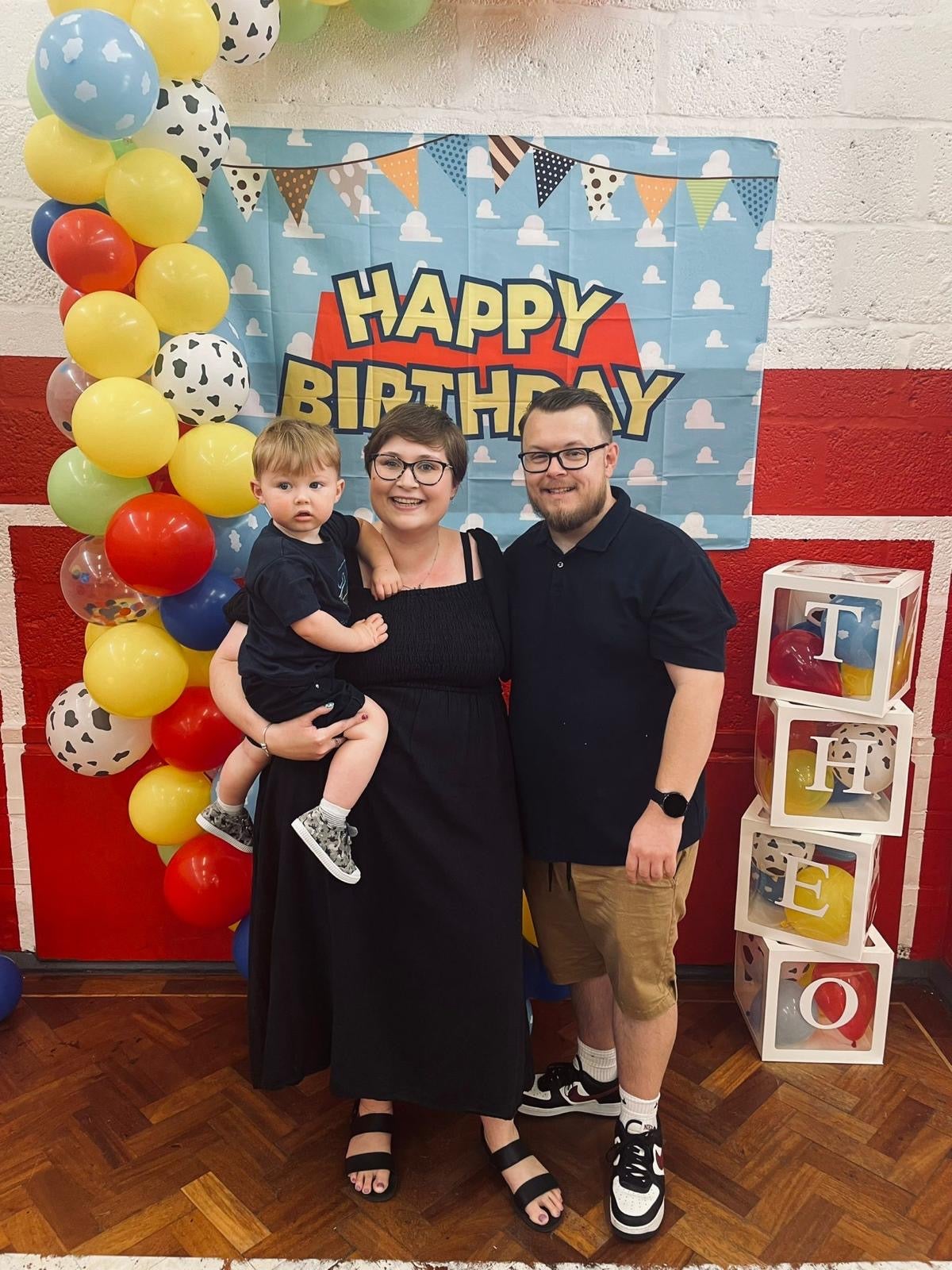
Her surgery was cancelled and Jessica had a conversation with her consultant to decide what to do next.
“I remember the words were, ‘the only way we’re going to save your life is to amputate your arm’,” she said.
“My whole world was turned upside down again because I’m going to be changed forever but if this was going to save my life then, of course, take my arm.
“I remember thinking, just get rid of it, if it’s gone it can’t come back.”
Jessica had her arm amputated about a week later and, while she continues to experience phantom limb pain and sensations, she feels she has come “leaps and bounds” in her recovery.
“I lost so much independence and there’s so many things I’m still trying to figure out how to do on my own,” she said.
“It’s made me believe that even when you’re knocked back, and knocked back again and again, if you put your mind to it, you can carry on.”
Jessica is now campaigning for greater awareness of primary bone cancer with the aim of prompting earlier detection.
Monday marks the start of Bone Cancer Awareness Week for the Bone Cancer Research Trust and Jessica is the face of this year’s campaign.
“Everyone needs to know more about sarcomas (cancers that develop in bones and soft tissues) because unfortunately, my circumstance isn’t unique,” she said.
“Speak up if you feel something’s wrong and know there are people you can reach out to.
“You don’t have to go through this alone and you can come out the other end.”
Zoe Davison, director of research and information at the Bone Cancer Research Trust, said: “Primary bone cancer is a rare disease that can be difficult to spot.
“As a charity, we are working in collaboration with healthcare professionals so they are able to spot the red-flag symptoms and are trained and equipped with the knowledge to make accurate and timely referrals.”
Bookmark popover
Removed from bookmarks